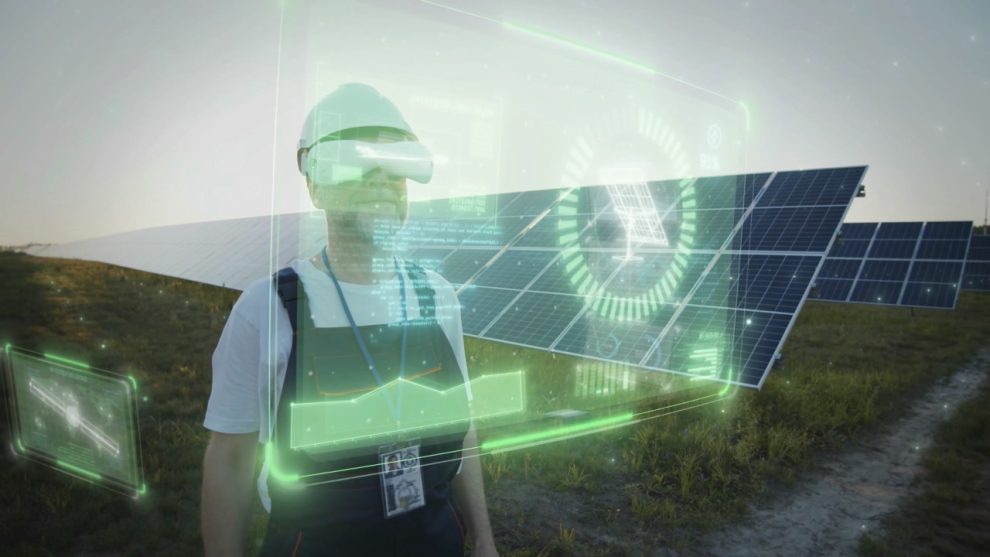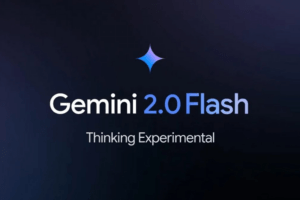Our world is hungry for clean, sustainable energy. The good news? Renewable sources like solar and wind are becoming increasingly accessible and affordable. But integrating these fluctuating resources into traditional, centralized grids presents a complex challenge. Enter the hero of the hour: Artificial Intelligence (AI).
This innovative technology has the potential to revolutionize energy infrastructure, optimize grid management, and accelerate the transition to a cleaner future. Let’s explore how AI is poised to be the game-changer in the green energy revolution.
Optimizing Grid Management for a Renewable Future
Imagine a grid that adapts in real-time, seamlessly balancing the variable nature of renewables with fluctuating demand. That’s the magic of AI-powered smart grids. Here’s how:
- Predictive Power: AI algorithms analyze vast amounts of historical and real-time data, including weather patterns, energy consumption, and infrastructure load. This enables accurate predictions of both energy supply and demand, allowing the grid to optimize power generation and distribution proactively.
- Dynamic Decision-Making: With its ability to process information at lightning speed, AI can make real-time adjustments to grid operations. This includes balancing power flow, integrating distributed energy sources, and even predicting and mitigating potential outages.
- Microgrid Management: AI empowers the rise of microgrids – smaller, localized grids powered by renewables. These self-sufficient systems can operate independently or seamlessly integrate with the larger grid, further enhancing flexibility and resilience.
Accelerating Renewable Infrastructure Development
AI doesn’t just manage existing infrastructure; it’s also crucial for building new, renewable-based systems faster and more efficiently. Here’s how:
- Site Selection Powerhouse: Identifying ideal locations for wind farms and solar arrays can be a complex task. AI analyzes geospatial data, weather patterns, and energy demand forecasts to pinpoint optimal sites, saving time and resources.
- Design and Optimization: Complexities abound in designing and optimizing renewable energy systems. AI-powered tools analyze vast datasets to identify the most efficient configurations, maximizing energy yield while minimizing costs.
- Predictive Maintenance: Early detection of potential equipment failures is crucial for smooth operation and reduced downtime. AI algorithms analyze sensor data from turbines, panels, and other components to predict maintenance needs, ensuring peak performance and cost savings.
The Benefits of an AI-Powered Energy Future
The implications of AI in the energy sector are significant, promising a future with:
- Increased Efficiency: AI-powered grids can reduce energy losses, optimize resource utilization, and minimize reliance on fossil fuels.
- Enhanced Reliability: Real-time predictions and intelligent decision-making lead to a more stable and resilient grid, reducing outages and disruptions.
- Cost Savings: Optimized systems, predictive maintenance, and efficient resource usage translate to lower costs for both energy producers and consumers.
- Faster Renewable Integration: AI accelerates the adoption of renewable energy sources by streamlining development, maximizing their contribution to the grid.
Challenges and Considerations
As with any transformative technology, implementing AI in the energy sector comes with its own set of challenges:
- Data Privacy and Security: Ensuring the secure collection, storage, and use of data is crucial to maintain consumer trust and avoid potential vulnerabilities.
- Ethical Considerations: Algorithmic biases and transparency concerns need to be addressed to ensure a fair and equitable energy future.
- Infrastructure Investment: Upgrading existing grids and integrating AI solutions requires significant investment, calling for public-private partnerships and innovative financing models.
The Future is Bright with AI
The integration of AI in the energy sector is not just a possibility; it’s a necessity. By optimizing grids, accelerating renewable development, and fostering a more efficient and sustainable energy future, AI has the potential to revolutionize the way we power our world.
The challenges of implementation are surmountable. By addressing them responsibly and harnessing AI’s immense potential, we can unlock a cleaner, brighter future for generations to come.
















Add Comment